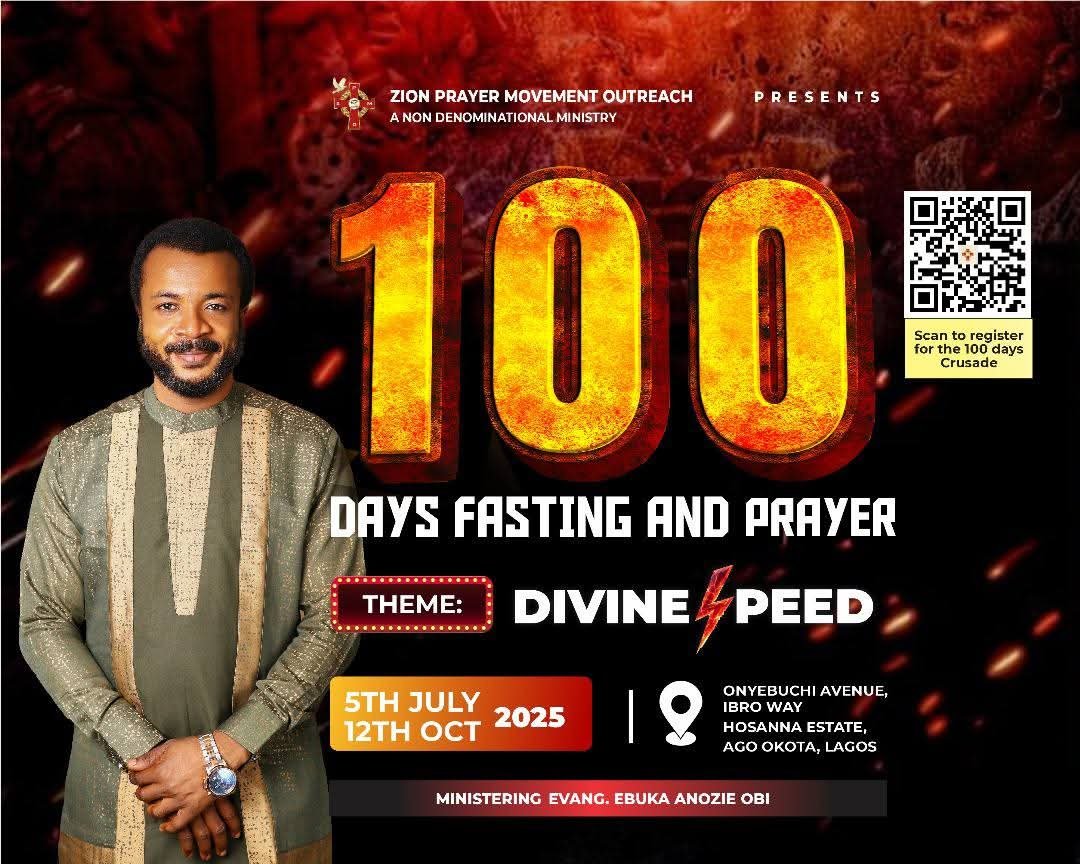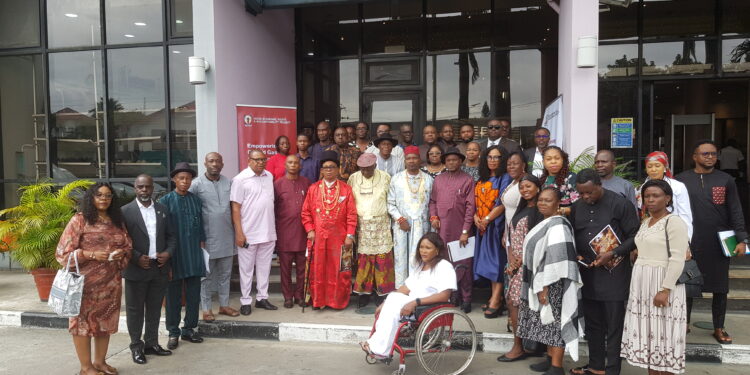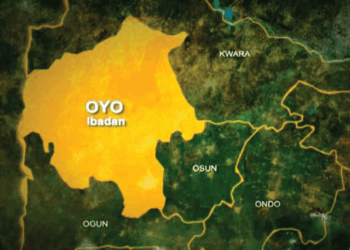Former first Vice President of Nigeria Bar Association, John Aikpokpo-Martins has asserted that there is no justice in Nigeria.

Aikpokpo-Martins made the assertion in reaction to participants’ perception of justice in Nigeria that the nation was a land without justice, at a one-day interactive session on mobilising natural resource communities on using strategic litigation to achieve social justice in the Niger Delta, organised by Socio-Economic Rights and Accountability Project(SERAP), on Thursday, in Port Harcourt, Rivers state.
His words “There was this issue that was thrown up just now whether there is justice in Nigeria. If somebody like me, a lawyer of more than 35 years, the first Vice President of Nigeria Bar Association say there is no justice in Nigeria, it is borne out of the fact that there is no Justice in Nigeria.

“A classic example was the issue of judicial autonomy in Nigeria. Judicial autonomy simply means money voted for the judiciary must go directly to the judicial so much so that governors are not suppose to buy cars and build houses for judges. But if you look through Nigeria, you will see governors buying and building houses for judges.
“Now, myself and Kunle Edu SAN, went to court to say look at the constitution, this thing cannot be done and we brought a case to force the national and state assemblies not to take any budgetary bill that has to do with the judiciary from the federal government and state governors. Only the judiciary should submit its budget just as INEC. INEC and judiciary are on the first line charge. They are suppose to submit their budgetary proposal to the legislature directly. INEC does it, there is no problem with that and that was why we went to court. Do you know what happened in court? The matter came up and the judge looked at us and said withdraw this case. If you don’t withdraw this case, I will strike it out and issue crushing cost against you. That was a direct threat. And we looked at it. He has already told us that this case, withdraw it because I am going to.give judgement against you. If you insist on going on because you want to test the law, I will issue crushing cost against you. Will I because I want to fight for the public allow the judge to issue N10million cost against me and cripple my life?
“Why I still go out of my way to take up public interest cases is because I am naturally passionate about justice. I take it up whether there is justice or not and so that history will record that somebody challenged this issue:, he said.
Speaking further, the first VP, NBA, lamented that despite his legal challenge against the Joint Admission and Matriculation Board’s policy that bars candidates under the age of 16 from gaining admission into Nigerian universities, which he obtained a court’s judgement, the board has refused to comply and continued enforcement of the policy.
On her part, another legal practitioner and SERAP’s trainer, Laeticia Uju Esq, stated that the court system was working and urged the participants not to be discouraged by the challenges.
“Don’t be discouraged by the challenges. Court works”, she said.
She called on the participants to collaborate with organizations like SERAP that specializes in public interest litigation for guidance and support.
Uju said, “Companies like Shell, Chevron, Total and Eni have been sued successfully in Nigerian courts for oil spills, gas flairing and land degradation through public interest litigation”.
Continuing she said, “When you go to court in a public interest case, you are not just telling your story, your are making legal demands known as reliefs. These are specific actions you want the court to take to address the harm done and prevent it from happening again.
“You can ask the court to: declare that your rights have been violated for example, your right to clean and healthy environment, stop ongoing harm through an injunction( a court order) such as stopping gas flaring, oil spills or illegal waste dumping, compel the government or company to take action for example, clean up pollution or provide safe drinking water, award compensation for damages to your health, farmland, fishing livelihood or if you’ve been displaced from your home, order the release of information such as documents the government or oil company has refused to disclose, demand a public apology or acknowledgement of responsibility, which can be important for healing and dignity, push for policy changes such as establishing environmental monitoring agencies or community-based oversight committees.
“Winning in court is only the beginning. The real test is enforcement, making sure the judgement is actually implemented.
” In ensuring compliance, the courts can issue enforcement orders to ensure their rulings are followed, hold government officials or companies in contempt of court if they disobey the judgement, leading to fines or even imprisonment, permit civil society groups, lawyers or affected communities to return to court If orders are ignored or only partially implemented, enabling them to pursue remedies available under judgement enforcement procedures, recommend the creation of oversight bodies or independent monitors to track the progress of compliance.
” Community members have a role to play in making sure justice is not delayed or denied by monitoring court-ordered actions, such as cleanup, compensation distribution.
” The court has several types of remedies (legal solutions) it can grant depending on the facts and the law of each case and circumstances. These include: monetary damages, restitution and remediation, injunctions, structural remedies and public accountability measures”, she stated.
The event aimed at promoting the use of strategic and public interest litigation in demanding transparency and accountability in the management of natural resources, was attended by community networks and associations, civil society organizations, media, women groups, people living with disability, ministries, department and agencies (MDAs), and other stakeholders in the Niger-Delta region and other oil-producing communities in Nigeria.



















